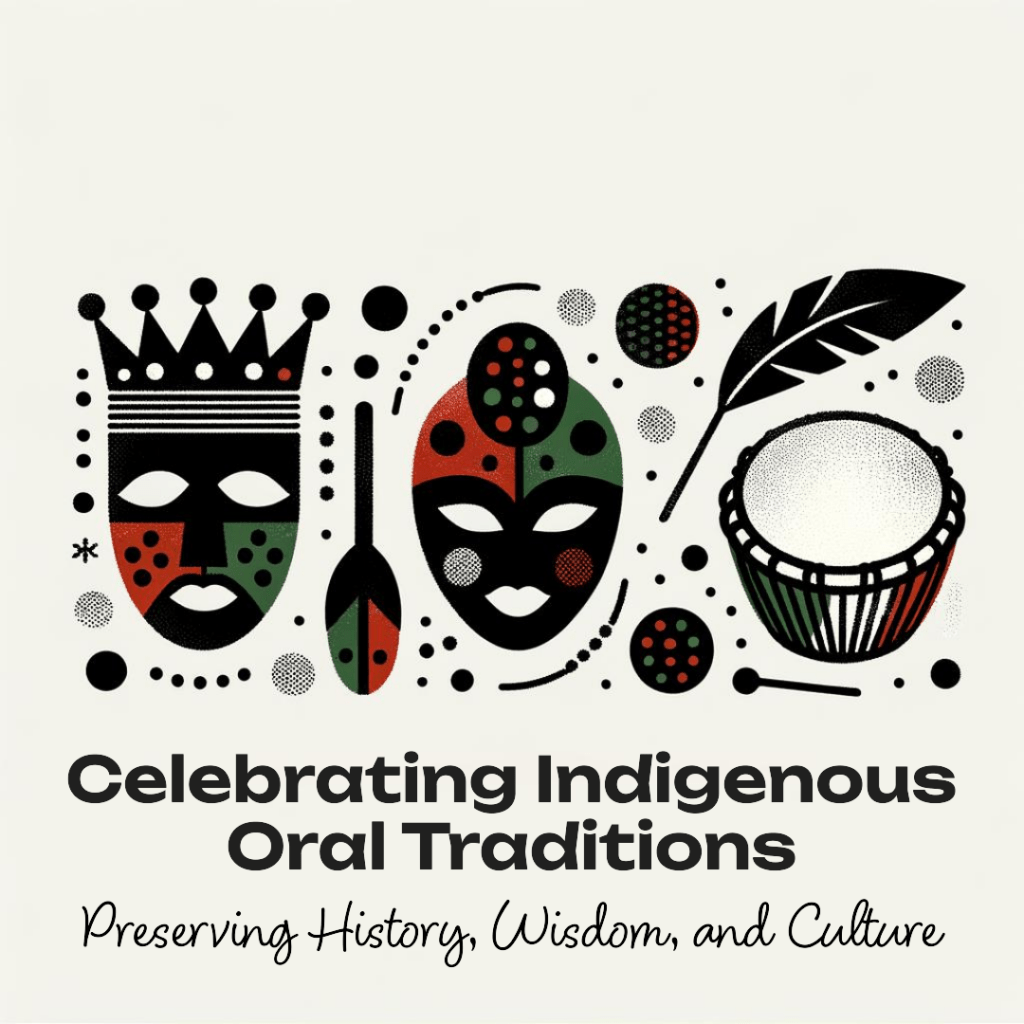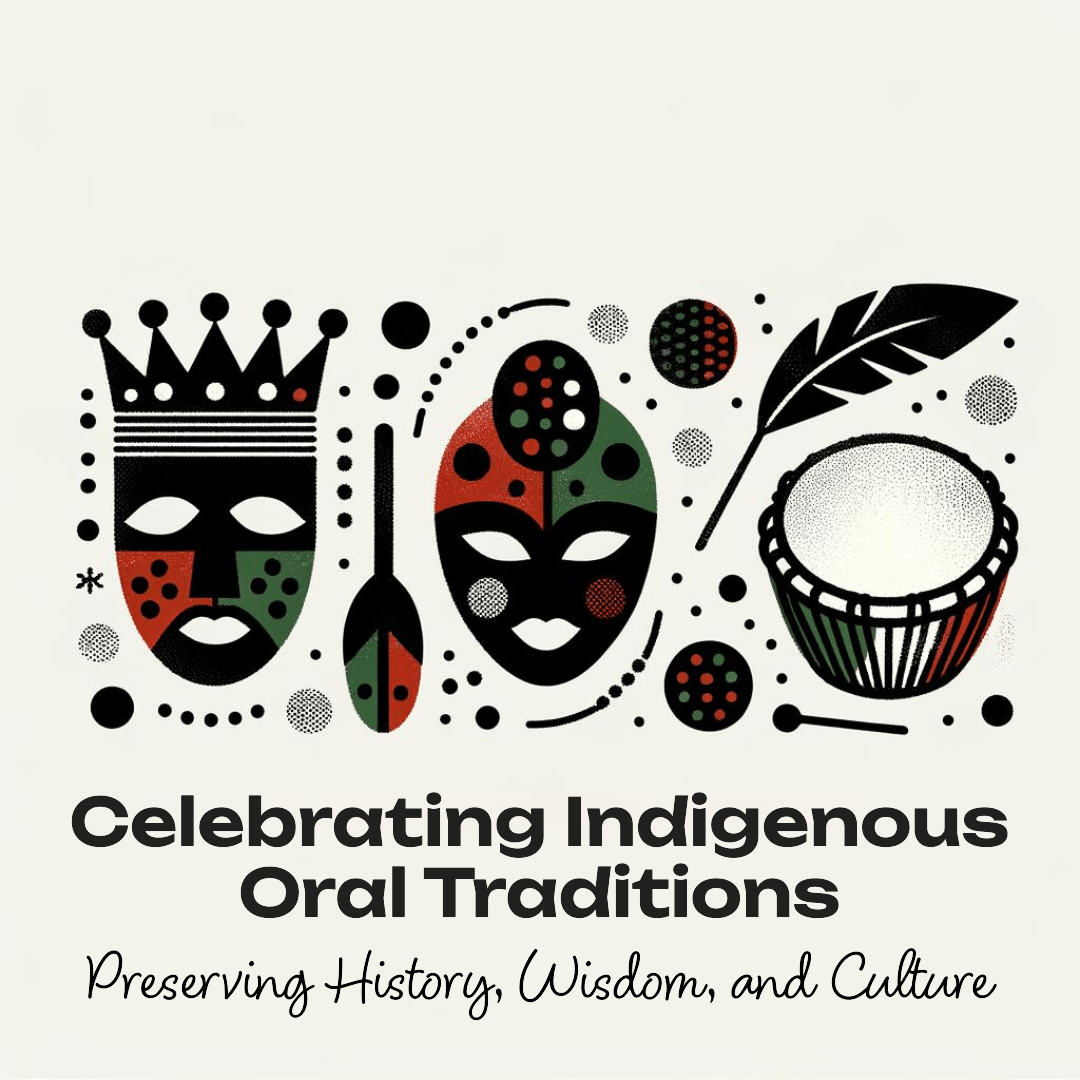
The Crucial Role of Oral Traditions in Preserving Indigenous Cultural Heritage
Oral traditions form the backbone of cultural preservation for indigenous communities worldwide. These narratives, meticulously passed from one generation to the next, encapsulate the collective memories, moral values, and rich histories of peoples like the Native Americans and Aboriginals. Within the tapestry of these stories are threads that weave a complex narrative, suggesting that encounters between indigenous peoples and Europeans occurred well before the historically noted arrival of Christopher Columbus in 1492. By weaving these oral histories into the broader fabric of human evolution, we unlock a more detailed and nuanced understanding of our collective ancestry. This analysis delves into the significance of oral traditions in maintaining cultural heritage, illuminating the narratives of pre-Columbian contacts and showcasing how these accounts offer a more comprehensive view of human history.
Oral Traditions: The Vessels of Ancestral Wisdom
Far from being mere tales, oral traditions are the guardians of ancient wisdom, encapsulating laws, cosmologies, and the essence of civilization. For communities such as the Native Americans and Aboriginals, these stories are vital, instructing the youth about their identity, spiritual beliefs, and the sacred bond with the environment. These traditions house the experiences of ancestors, providing a roadmap for coexisting peacefully with nature and fellow humans.
Exploring Indigenous Narratives of Pre-Columbian Contacts
Among the fascinating layers of oral traditions are the accounts hinting at early interactions between Native Americans and Europeans, predating Columbus’s voyages. These stories offer alternative historical viewpoints, revealing a complex mesh of encounters that have significantly influenced the course of human events.
Case Study: Norse Explorations of North America
The narrative of the Norse expeditions to North America stands as one of the most substantiated instances of pre-Columbian contact. Norse sagas, including the Saga of Erik the Red and the Saga of the Greenlanders, detail expeditions to a territory known as Vinland, modern-day Newfoundland, Canada. These written records find echoes in the oral histories of the Inuit and Native American tribes, recounting encounters with the “Tuniit” or “Skraelings” (Norse explorers). These accounts not only validate archaeological discoveries, such as the Norse settlement at L’Anse aux Meadows, but also highlight the multifaceted interactions between the Norse and indigenous peoples, encompassing both cooperation and conflict.
The Mi’kmaq Legends and the St. Brendan Saga
Another compelling illustration is derived from the Mi’kmaq people’s oral traditions in Canada’s eastern Maritime provinces. Their stories recount visits by pale-skinned individuals bearing crosses and engaging in distinctly Christian-like ceremonies. Some scholars associate these narratives with the legendary voyages of St. Brendan the Navigator, an Irish monk rumored to have traversed the Atlantic in the 6th century. Although definitive proof of St. Brendan’s North American expeditions remains elusive, the Mi’kmaq tales hint at early European exploration or settlement.
Enriching Our Perception of Human Progress
The oral traditions relating to pre-Columbian contacts significantly deepen our understanding of human history’s intricacies. These narratives challenge the isolationist view of the Americas pre-Columbus, unveiling a history rich with interactions predating the standard discovery accounts. Recognizing these indigenous viewpoints allows us to appreciate Native American peoples as dynamic figures in their history, beyond mere bystanders in the saga of European exploration and colonization.
These stories also underscore the vital role of oral traditions in conserving histories that might otherwise fade into obscurity. They remind us of the human story’s interconnectedness, woven from diverse perspectives and experiences.
Conclusion
Investigating oral traditions, especially those describing pre-Columbian contacts, yields invaluable insights into our shared past. Embracing these indigenous viewpoints fosters a more integrated and inclusive understanding of human development. It celebrates the diversity of experiences and contributions of all cultures, thereby nurturing a profound appreciation for our collective heritage and the world’s rich cultural mosaic.
